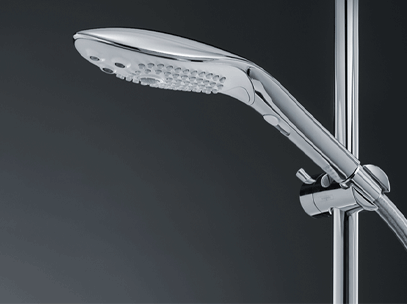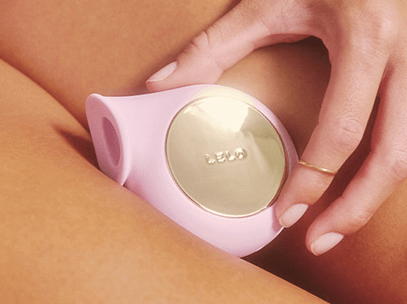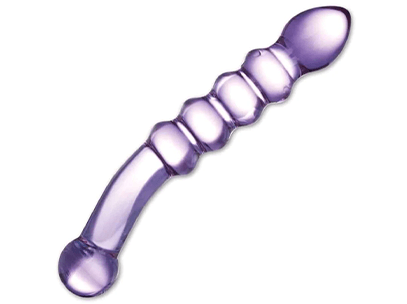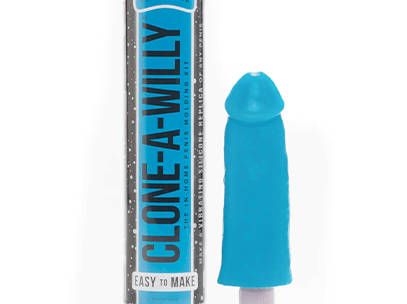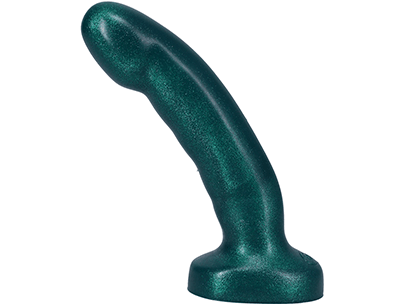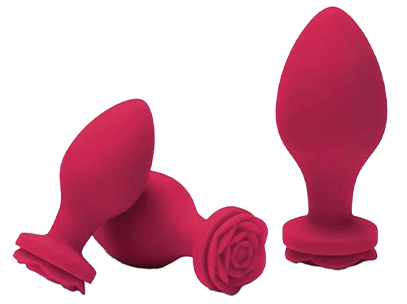Gratitude is a word that mental health professionals and new age-y gurus throw around quite a bit. But what does having gratitude actually mean? As we approach a season of giving thanks, for many reasons, incorporating gratitude into your relationship can be a grounding exercise and serve as a reminder to appreciate what you have. And guess what—it turns out there’s a direct link between gratitude and sexual satisfaction. The more a couple practices expressing gratitude within their relationship, the better their sex is!
Gratitude is not only about receiving; it’s about readiness to return the kindnesses and positivity you become aware of in your own life. Translate this into the bedroom, and you have a recipe for a healthy, fulfilling and exciting sex life.
How do you practice gratitude?
Psychology Today cites research demonstrating that experiencing and expressing gratitude can effect lasting changes to the prefrontal cortex that increase sensitivity to future experiences of gratitude. In other words, it’s a muscle—the more you practice, the easier gratitude will be to come by.
You could say that practicing gratitude is also an exercise in practicing mindfulness and awareness. A great way to start on your gratitude journey is by keeping a gratitude journal or practicing gratitude exercises with your partner. It can be tempting to skip journaling or expressing appreciative statements on particularly crummy or gloomy days, but that’s the trick, isn’t it? Practicing gratitude isn’t always easy; the key is finding the silver lining when it’s especially hard. Large or small, the more we recognize gifts, the more gratitude we can feel and extend to others.
How do you incorporate gratitude into your relationship?
If you’re partnered, practicing gratitude within the context of your relationship can create a harmonious environment, make both partners feel more appreciated, resulting in an overall improved sense of connectedness and satisfaction. Gratitude is also important to practice in non-romantic relationships and can nurture self-esteem, trust and a sense of closeness.
Everyone wants to feel valued. It seems obvious and intuitive, but so many couples therapists report that one of the most common complaints they hear from clients is that one or both partners feel unappreciated. Even if we take the time to reflect on the good things in our relationships, it’s necessary to consciously communicate and express that gratitude for your partner to hear and internalize; this also gives them the opportunity to reciprocate. It’s a positive cycle once you get started.
Conversely, taking your partner for granted, or feeling as if you’re the one taken for granted, can be the kiss of death for relationships. One study by social psychologist Sarah Algoe asked couples to keep a daily record of actions they did for their partner and vice versa, as well as how they felt about their partner and their relationship, over the course of two weeks. The outcome, naturally, was that couples who felt more grateful were happier in their relationships. Psychology Today elaborated on this and found that the more grateful individuals in a couple were, the more likely they were to still be together nine months later.
Gratitude in the Bedroom
Studies show a direct correlation between gratitude and sexual satisfaction. A team of psychologists at UNC Greensboro predicted that increased expressions of gratitude would also improve sexual satisfaction and proved this hypothesis to be true. “We predicted that gratitude would increase sexual communal strength—that is, the extent to which people are motivated to be responsive to their partner’s sexual needs—because gratitude motivates partners to maintain close relationships. These predictions were supported,” stated the researchers.
In other words, gratitude is a turn-on. The connection between emotional and sexual satisfaction may feel a bit obvious, but just as couples must be mindful to practice expressing appreciation, we also need to be conscious of showing gratitude in the bedroom. Gratitude motivates couples to invest more in their partner’s needs and desires and can even increase arousal. That’s right—the more you feel appreciated, the easier it’ll be to get turned on.
Gratitude in the bedroom may manifest itself in more direct ways, such as spending more time focused on your partner’s pleasure than your own. A good example of this is blowjobs—way more fun to give when you’re feeling warm and positive toward your partner. It could mean giving your partner the freedom to explore fantasies you may not necessarily normally be as interested in. There are a lot of great ways to show appreciation in a sexy way. Maybe you surprise them by sending a naughty photo or text telling them that you loved what you did to each other the previous evening. You could greet them after a long day at work by treating them to a home-cooked meal… made by you, in lingerie.
Communicating during sex can also be a fun way to show gratitude. Think of it as a sexy version of positive reinforcement. When you tell your partner, “I love the way you do that to me,” or “That was so wonderful,” it’ll motivate them to want to continue giving you pleasure and assures them that their efforts in the bedroom are not going unnoticed. If dirty talk feels unnatural to you, there are plenty of non-verbal ways to show your appreciation—a squeeze of the bicep or the butt can let them know that what they’re doing is working.
As your partner begins to feel the warm glow of the gratitude they’re receiving, it opens them up to reciprocate and return gratitude in the same way—in and out of the bedroom. The positive reinforcement can also consciously or unconsciously motivate the partner to continue taking actions to behave in a thoughtful, considerate manner. If we’re told that we’re good partners, we’re more inclined to act that way to fulfill that role, whether it’s performing acts of kindness or vehemently proving that we’re committed to our partner’s pleasure. On that note, if you’re a couple focused on improving your sex life, adopting a daily gratitude practice can serve to improve your connection both emotionally and physically.

